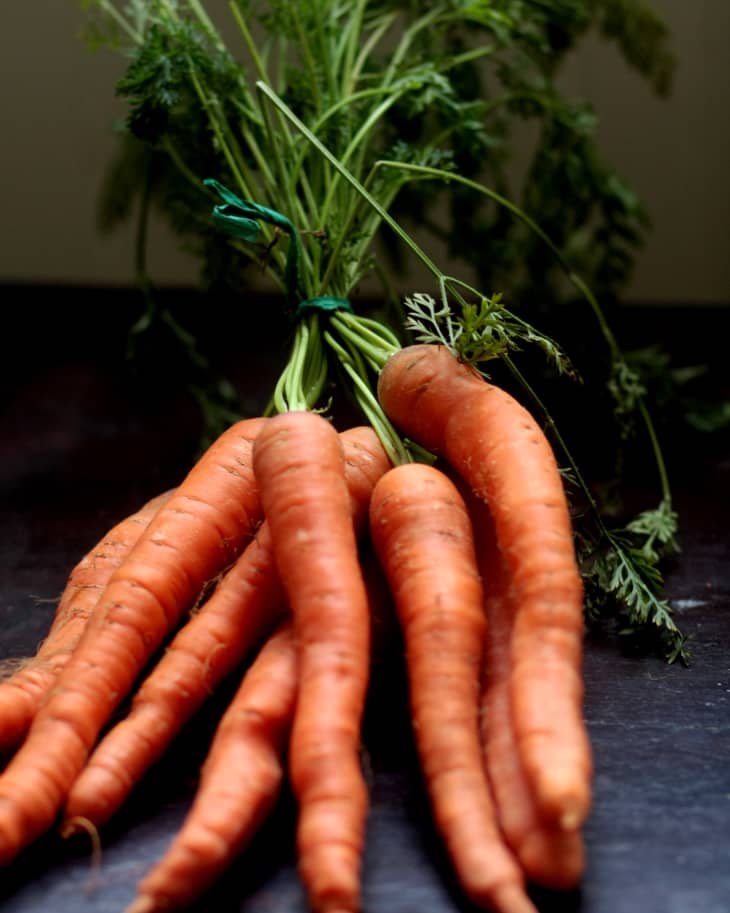When Not Trying So Hard Is the Best Response

Cooking is a transformation process. With nothing more than a knife, a vessel, a little time, and perhaps some sort of flame, we turn piles of vegetables, grains, fruits, and proteins into dinner. We turn the raw into the cooked and the unpalatable into the delicious. Just how delicious depends on a lot of factors but certainly the skill and talent of the cook play into it. Ingredients, too. Transformation is a big deal. It can be intense and it does take some effort, but the best cooks I know don’t try too hard.
What I mean by not trying to hard isn’t that cooks don’t work hard and that putting together a meal doesn’t take effort. But one of the skills of a good cook is that she works with, and not against, the elements. She works with the ingredients, coaxing out their best. She works with her skill set. She works with the seasons, with her energy, with the limits of her space and the time available.
But what about improvement, you wonder. If we’re not constantly pushing beyond our skills, if we’re not challenging ourselves, how will we ever grow? Good point. We do have to grow but these days, I’m into growing through stretching, not pushing. Through starting where I am first and appreciating that place and what it has to offer. The notion of improvement and betterment may sell a lot of magazines and self-help books but they often start with a troubling premise: that there is something flawed with where you are, with who you are, right now. And often that’s just bunk.
Yes, we chop and grind and sear and macerate our raw ingredients to make them edible and tasty. But before any of that, first take a good look at them and ask the question: ‘What’s the least I can do here to make this delicious?’ Sometimes they just need a simple nudge, like a platter of summer tomatoes garnished with nothing more than a little olive oil and salt. Some times it’s something more, like a long slow braise for a tough cut of meat.
When we work with the nature of things and not against them, our lives get a lot easier. The best, most lasting changes can only happen with the kind of close understanding that comes when we truly accept something for what it is. Once we get close enough, intimate enough, to see that, we are then able to respond with wisdom and innovation. Without too much effort, we know what is needed.
This line of thought was inspired by an article I recently read about a proposed plan to change the current water management systems in New Orleans from a levee and pump system to something called water gardens which allow for the flow of water in and out of the area. In other words, a solution that works with the true nature of the area and not against it. The solution not only accepts the fact that water wants to come into New Orleans, it works with that energy, enhancing it and even making it beautiful.
We can do this in our kitchens and in our lives as well. What is already happening, what is already here? What can I do to enhance the deliciousness of this ingredient, of this moment, of this life? What pinch of this or that will let it come forth and flow, like water, to the place it is meant to be?
This post originally published on The Kitchn. See it there: When Not Trying So Hard Is the Best Response